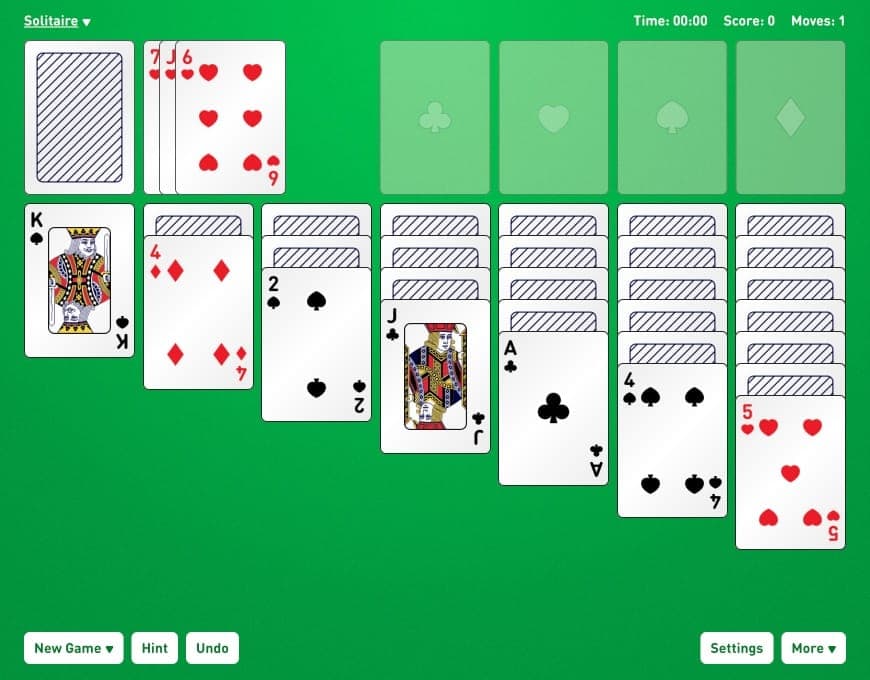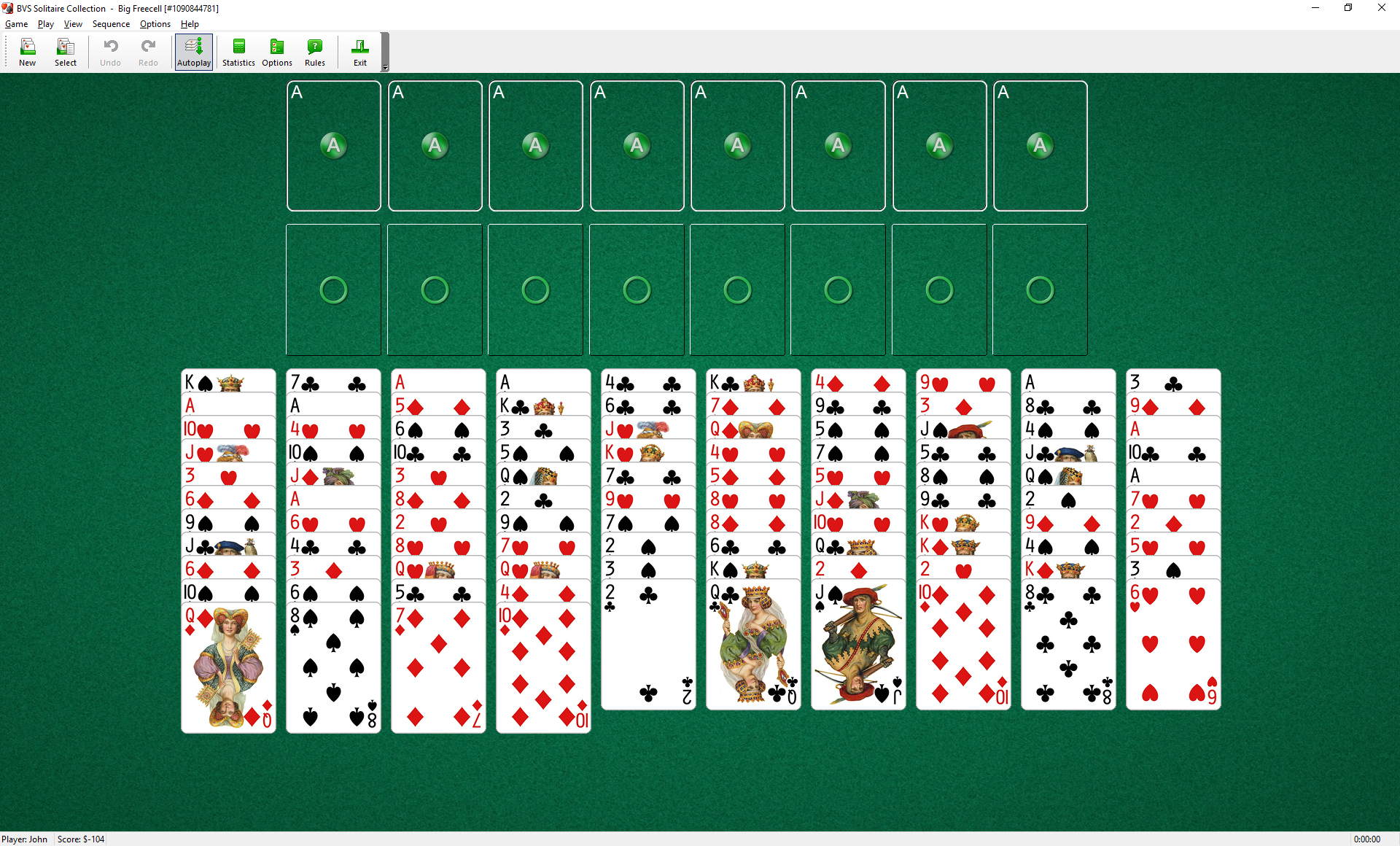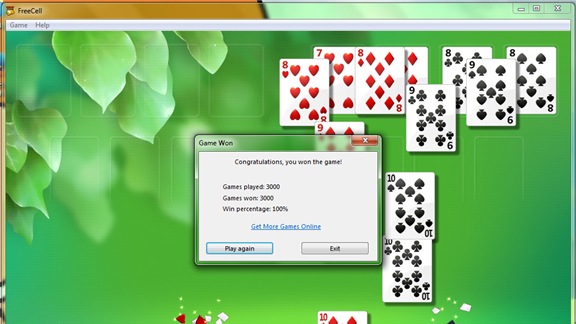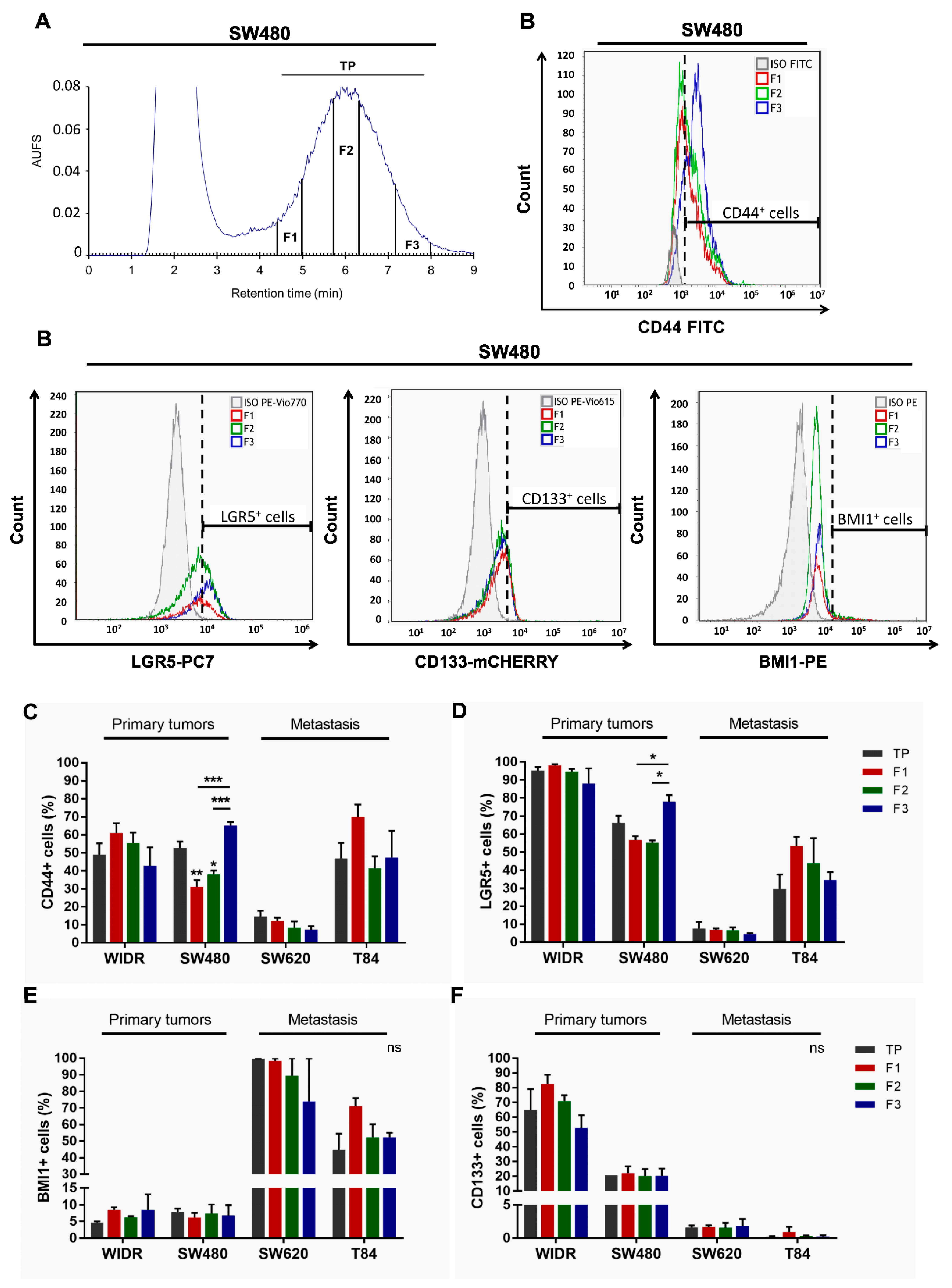Enzyme-free Cell Dissociation Solution
Por um escritor misterioso
Last updated 10 novembro 2024
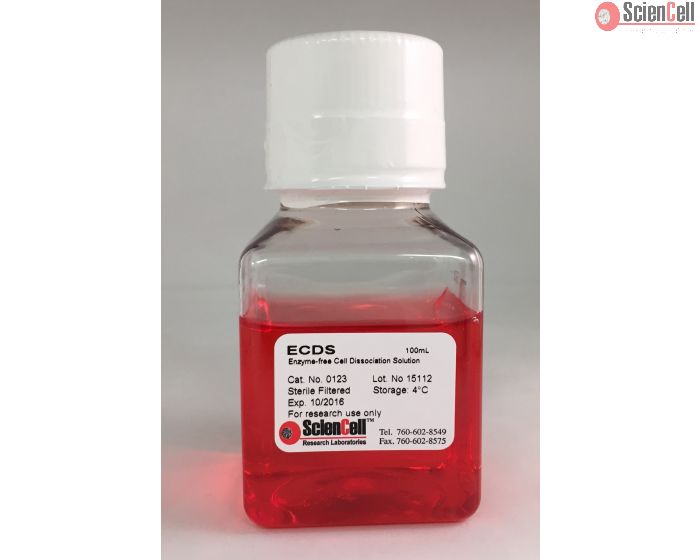
ECDS is used to detach adherent primary cells from a culture surface. It is for research use only. Not for use in animals, humans, or diagnostic procedures.
Enzyme-free Cell Dissociation Solution (ECDS) is a sterile, phosphate and HEPES-buffered saline solution used to detach adherent primary cells from a culture surface. This product has a pH of 7.2 at room temperature.
Enzyme-free Cell Dissociation Solution (ECDS) is a sterile, phosphate and HEPES-buffered saline solution used to detach adherent primary cells from a culture surface. This product has a pH of 7.2 at room temperature.
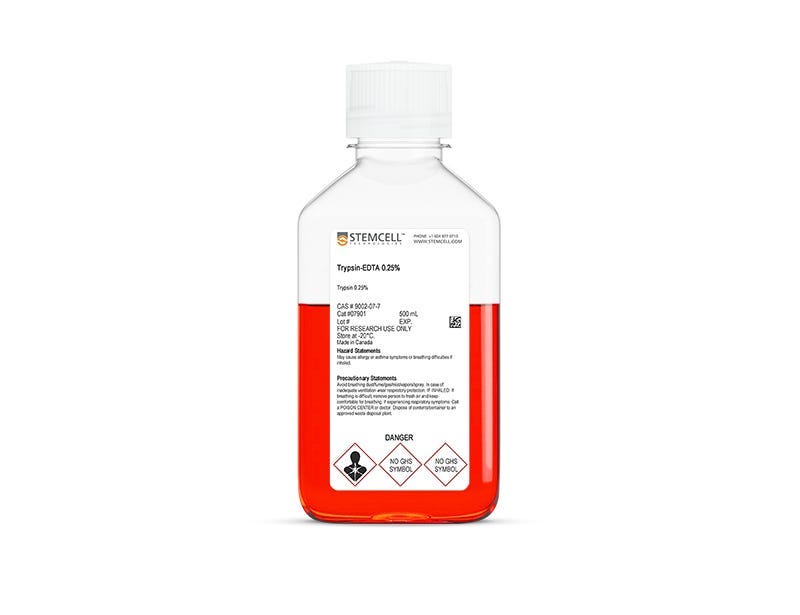
Trypsin-EDTA (0.25%) Solution

Dissociation of microdissected mouse brain tissue for artifact free single- cell RNA sequencing - ScienceDirect

Cell Dissociation Solution (non-enzymatic) – Cellseco

Simplifying the Preparation of Single-Cell Suspensions for Flow Cytometry
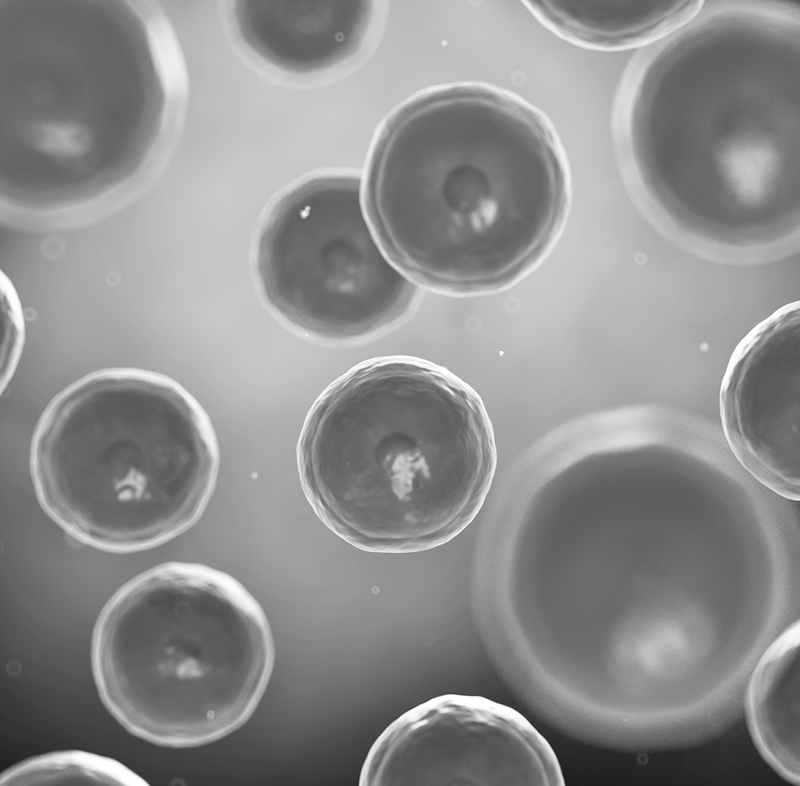
Trypsin and cell dissociation - Biological Industries

Alternative method for trypsin-based cell dissociation using poly (amino ester) coating and pH 6.0 PBS - Tae-Jin Lee, Tepeng Wu, Yu-Jin Kim, Jung-Hwan Park, Doo Sung Lee, Suk Ho Bhang, 2021
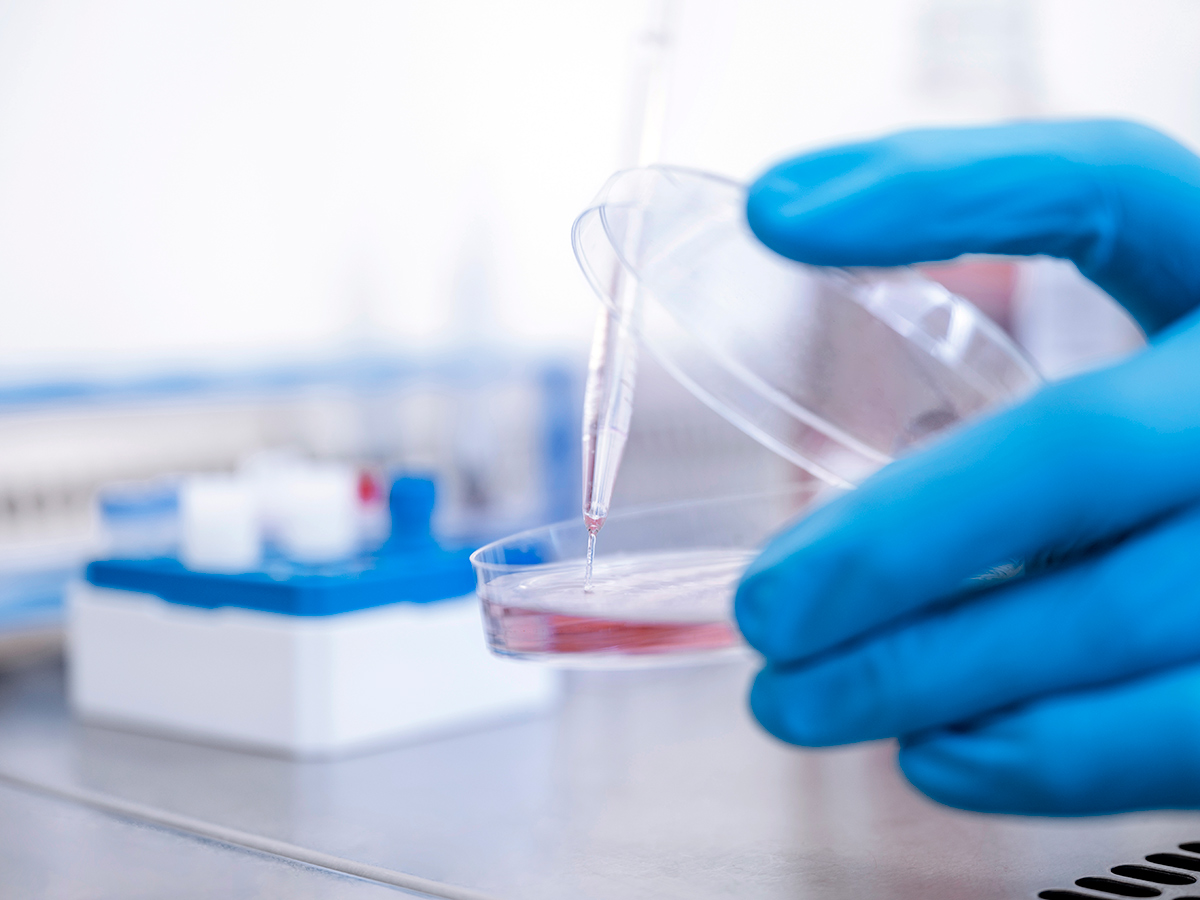
Enzymes PELOBIOTECH GmbH
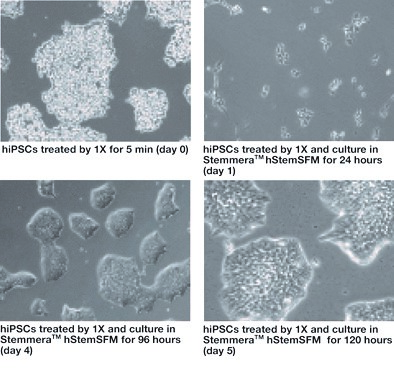
Non-Enzymatic Cell Dissociation Solution (1x) – Stemmera

Cell Dissociation Market Size, Share, Trends and Revenue Forecast [Latest]
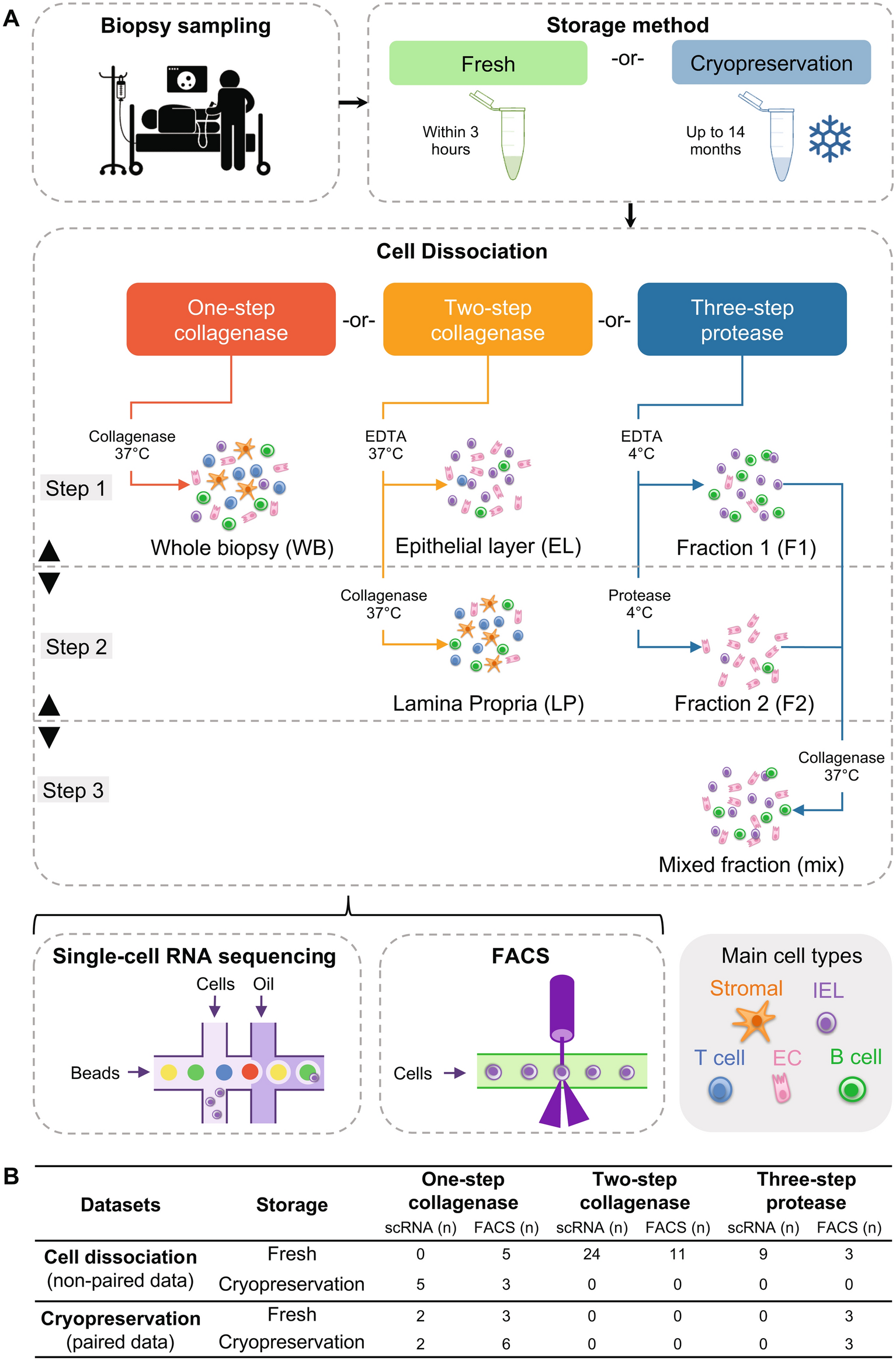
Gut mucosa dissociation protocols influence cell type proportions and single-cell gene expression levels
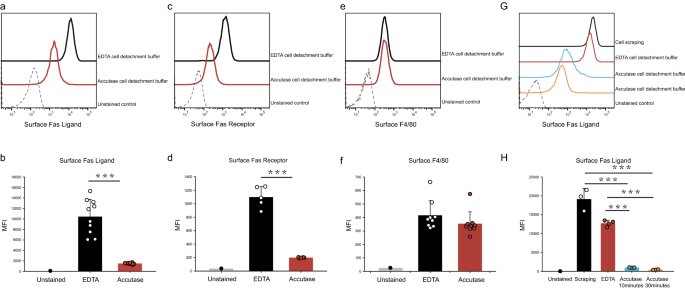
Different methods of detaching adherent cells and their effects on the cell surface expression of Fas receptor and Fas ligand
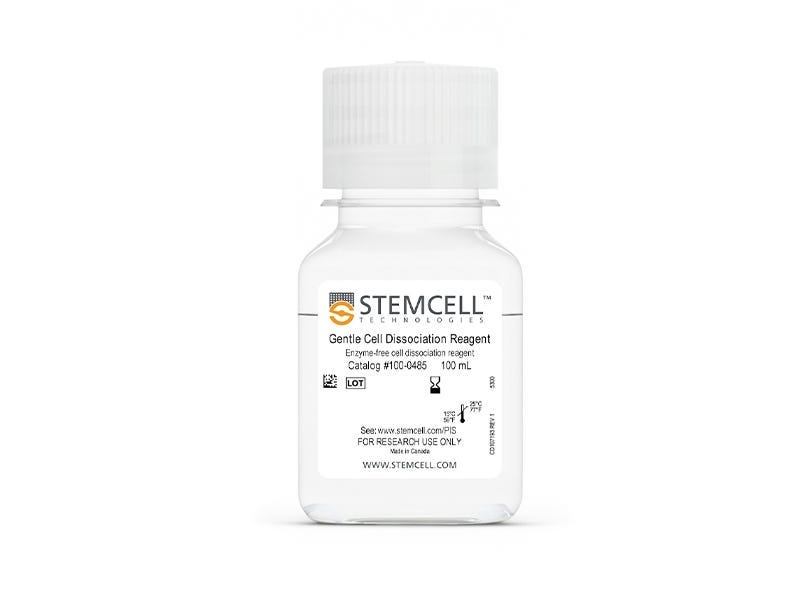
Gentle Cell Dissociation Reagent for Human ES/iPS Cells
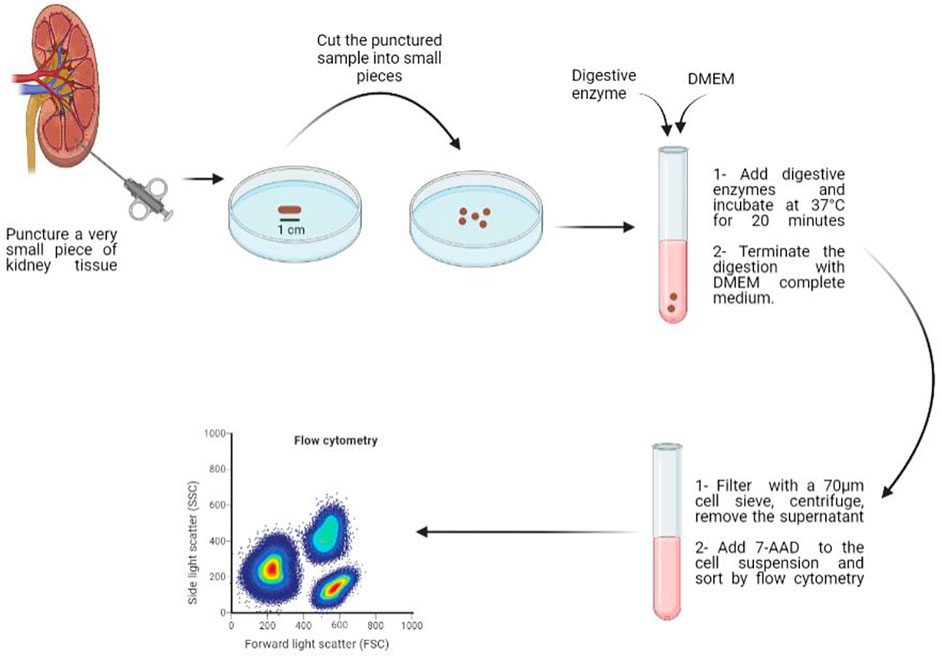
Frontiers Isolation of Viable Single Cells With High Yield and Purity Using a Small Amount of Human Kidney Tissue Biopsy
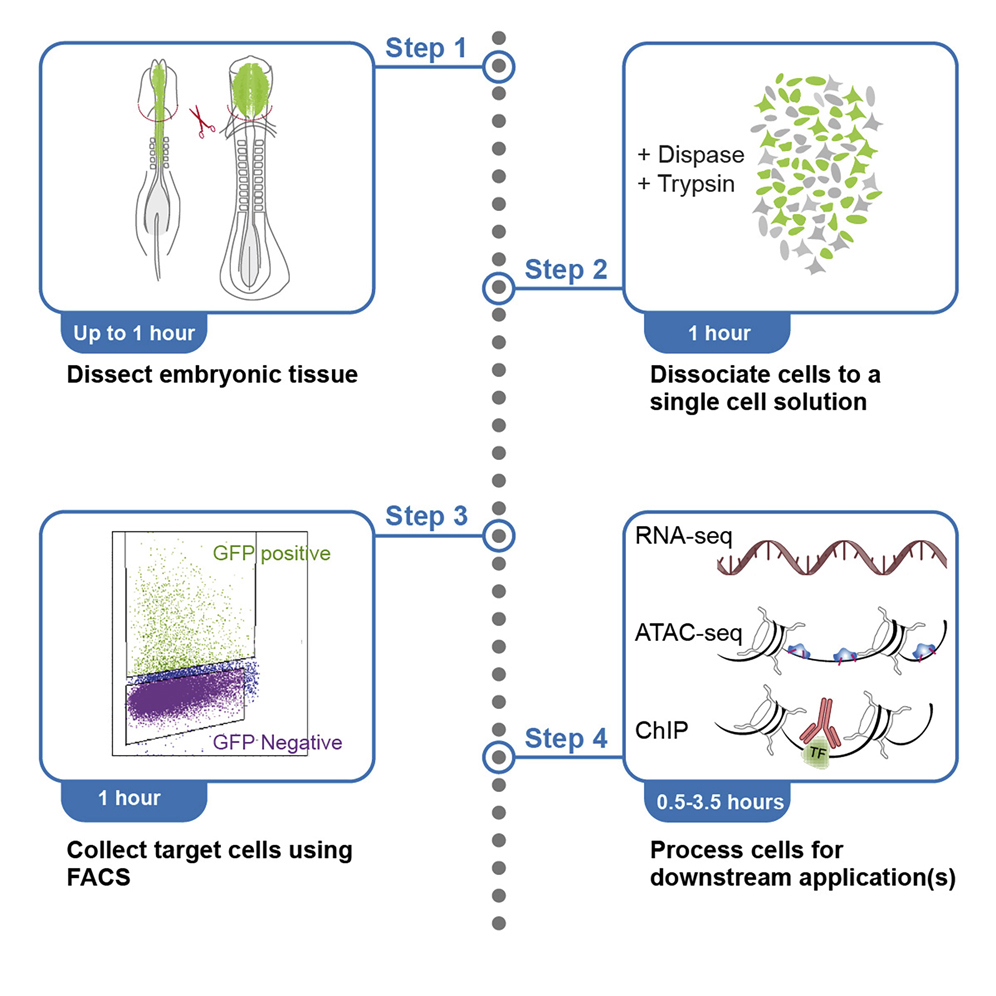
Dissociation of chick embryonic tissue for FACS and preparation of isolated cells for genome-wide downstream assays
Recomendado para você
você pode gostar
